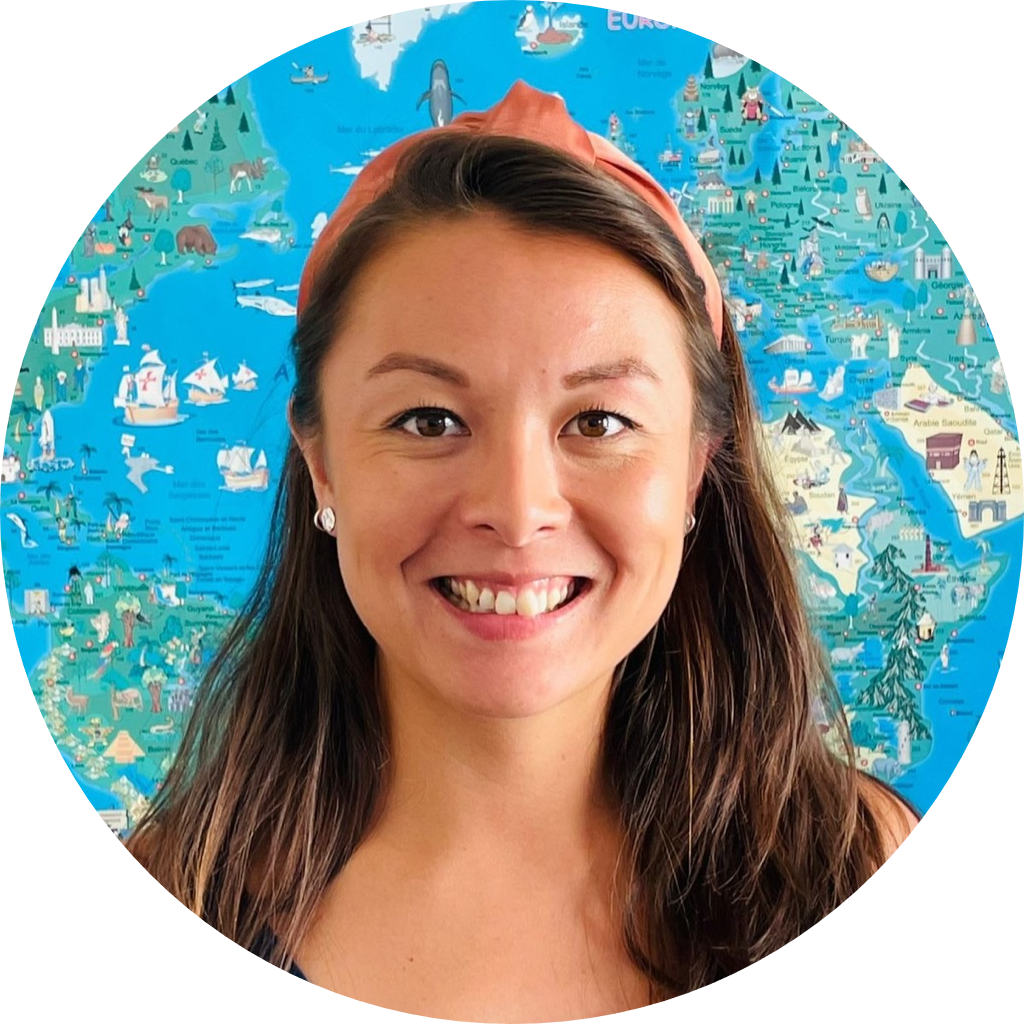Contributing to the Holistic Development of Migrant and Refugee Children
Migrant and refugee children are among the most vulnerable populations, often suffering from violations of their human rights and experiencing stressful and traumatic conditions that can severely impact their well-being.
This year, we contributed to the holistic development of migrant and refugee children. Together with our partners, we carried out initiatives to address issues of discrimination against migrants and refugees in the classroom and foster ethics education to promote learning to live together. We also worked in partnership in organizing activities to understand and promote faith-based approaches to respond to children's mental health and psychosocial well-being.
Education can play a critical role in enabling children from migrant, refugee and host communities to learn to live together in solidarity. Transformative approaches to education can counter hate speech, stigmatization, and incitement to discrimination and xenophobia, making room for a new narrative of inclusion, respect and understanding.
Supporting children’s mental health and offering them psychosocial support can also help foster their resilience and act as a protective factor to positively counter the effects of trauma responses during displacement. Faith-sensitive approaches also help children to feel connected, learn to build trust with adults around them, and develop a sense of purpose and meaning, even amid challenging circumstances.
Take a look at the main projects we have carried out this year to support migrant and refugee children, and to contribute to their relationships with their host communities.
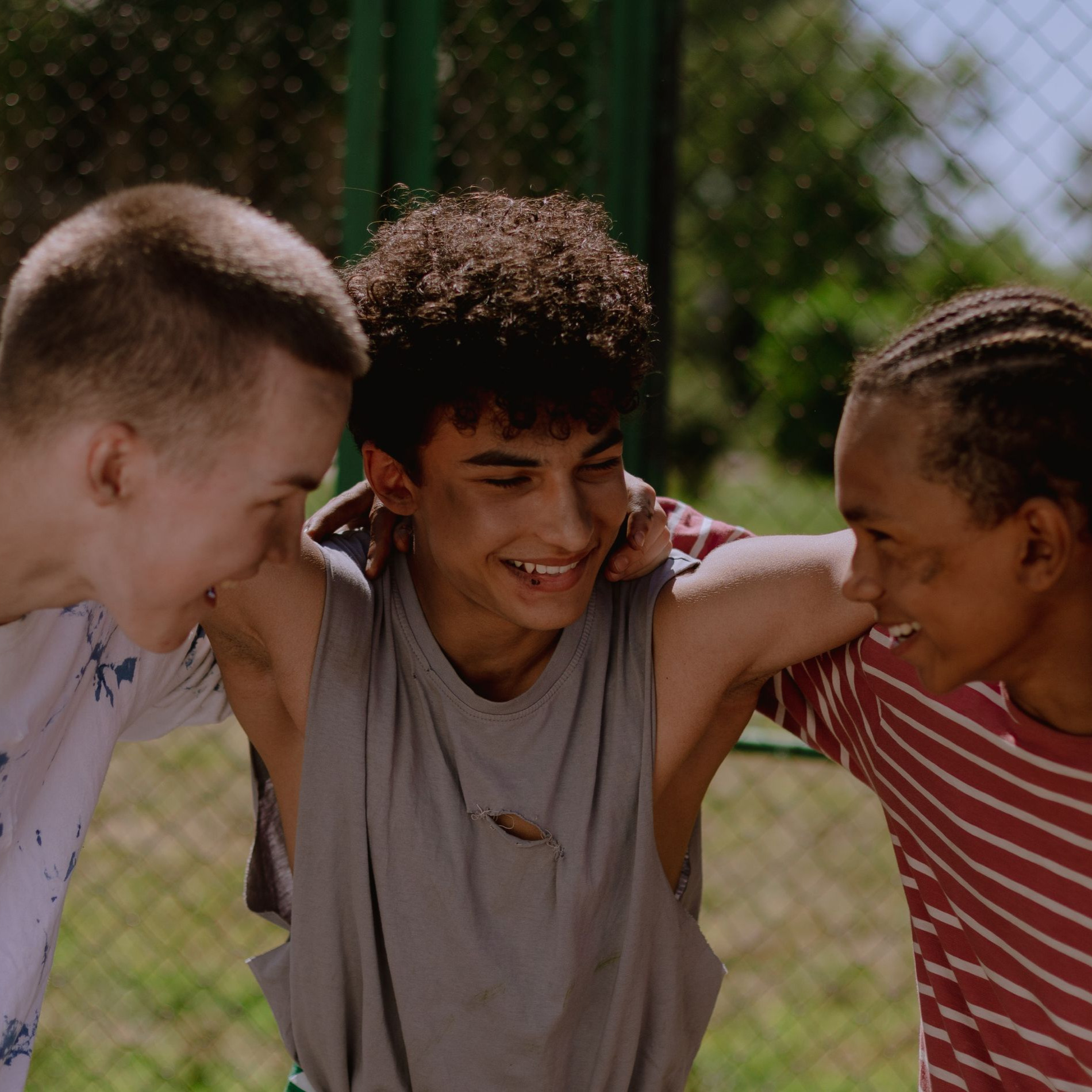
Solidarity: Advancing the Role of Education in Fostering Migrant and Refugee Inclusion in Europe
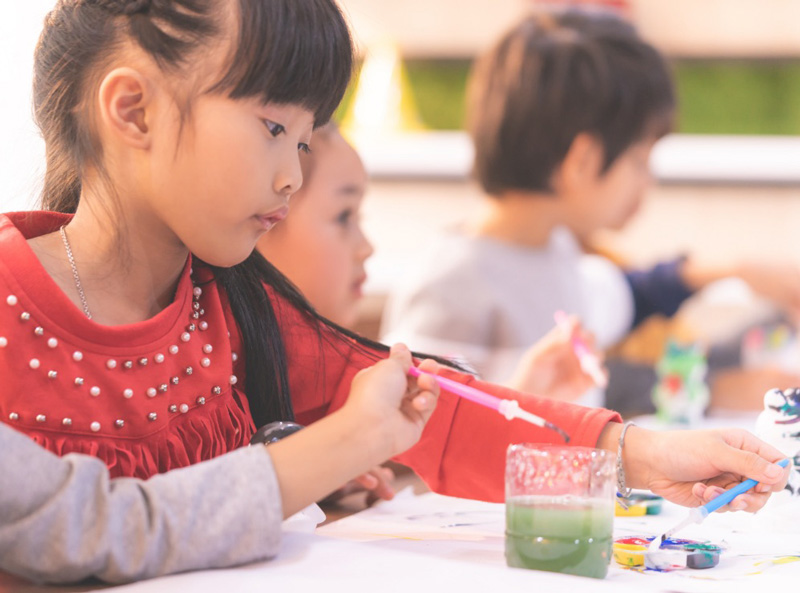
A booklet entitled, “Solidarity: Advancing the Role of Education in Fostering Migrant and Refugee Inclusion in Europe,” was published in November 2021 as part of a project to support educators and policymakers working with migrants and refugees in Europe.
The booklet builds on the reflections and recommendations collected during a series of three webinars that were organized in 2021 for educators working with children across Europe.
It invites readers to reflect on the dynamics and main challenges affecting migrant, refugee, and host communities in Europe and to create awareness of the transformative role of education to foster learning to live together.
Relationships among migrant, refugee, and host communities are made difficult by socio-political polarization; the fear of perceived negative social, economic, and cultural impacts; and contested narratives around migration. These dynamics have an impact on how future relationships between these communities are shaped and can further deepen community tensions.
A comprehensive approach to transforming the relationships among migrant, refugee, and host communities is important. Addressing some of these dynamics require a shift in policies and the facilitation of positive interactions between communities. Education that considers these dynamics and needs can support the creation of new narratives that foster inclusion, ethical responsibility for and with one another, and solidarity.
The booklet proposes a unique model to holistically address inclusion needs and create the foundation and conditions for more inclusive learning environments. The framework includes five elements that are mutually reinforcing and at the same time can be implemented independently, thereby helping to build a foundation for inclusive education.
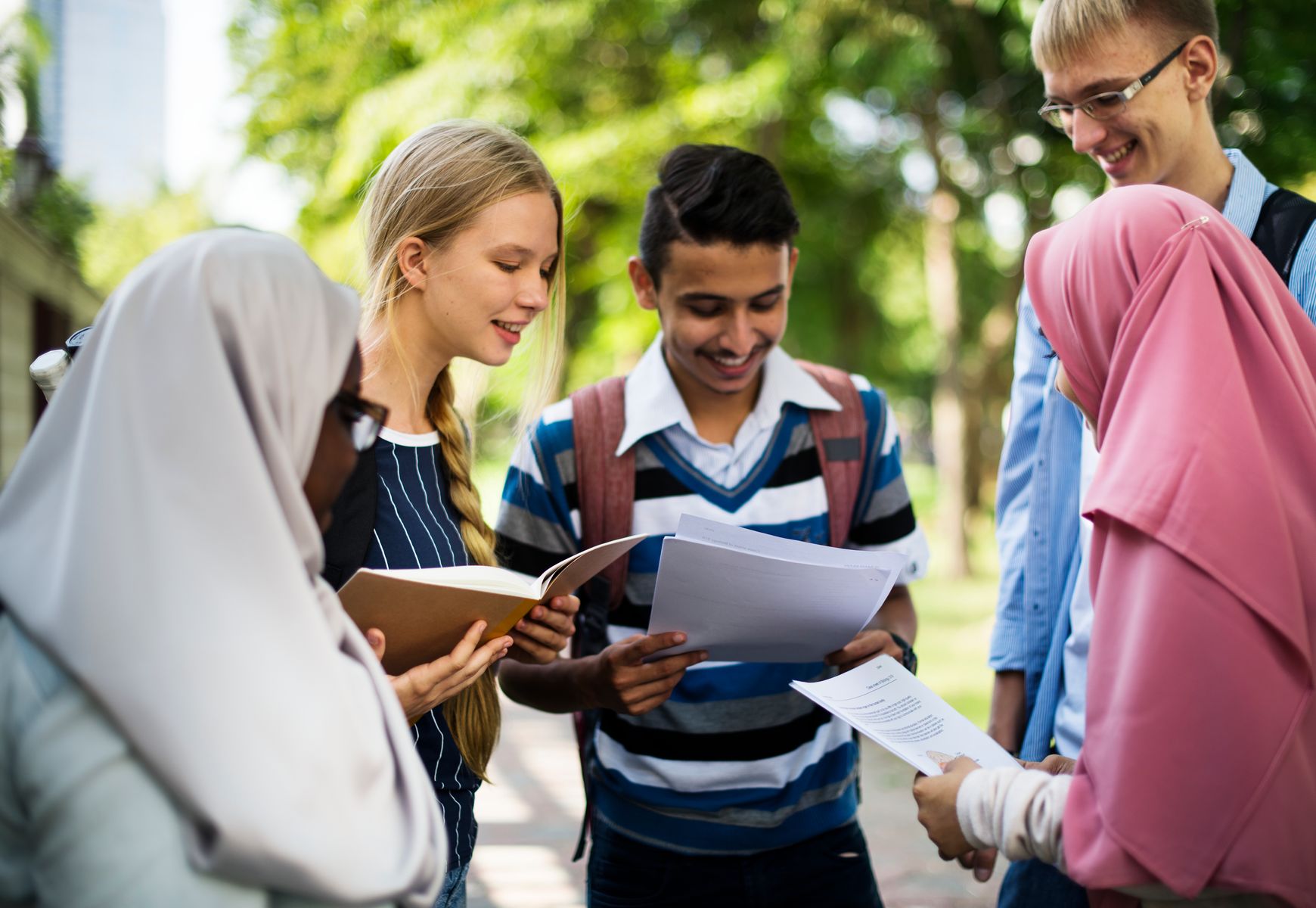
1. Ethics Education
Through its transformative pedagogical approach, it helps educators develop learning opportunities and practices that allow ethical reflections among learners which foster, above all, interconnectedness, and that lead to critical thinking and the development of imagination, critical consciousness, and self-driven learning.
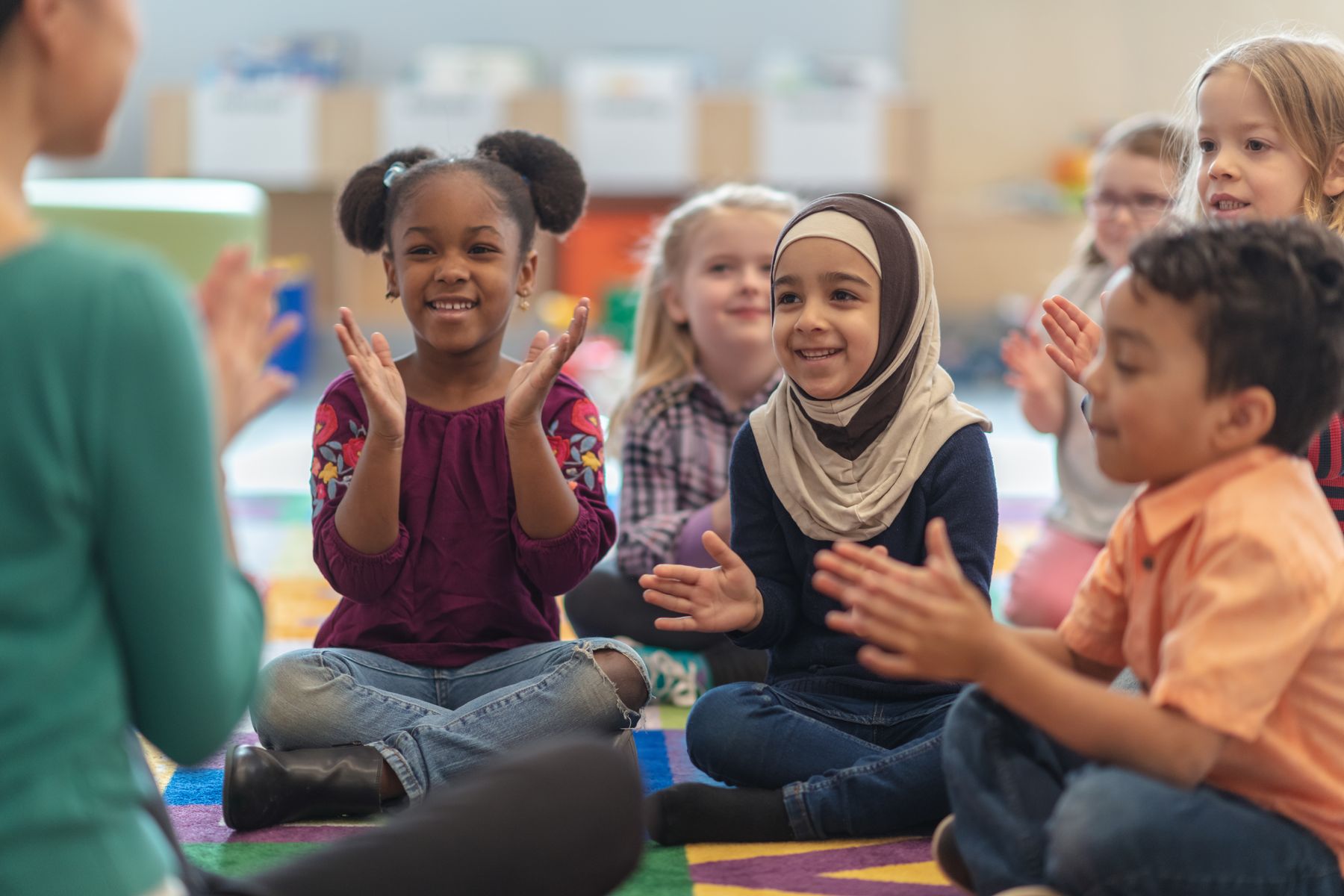
2. Supporting the Mental Health and Psychosocial Well-being of Children
This is one of the main paths to resilience and well-being for children. In educational settings, special attention must be paid to the mental and psychosocial needs of migrant and refugee children, many of whom have gone through traumatic experiences.
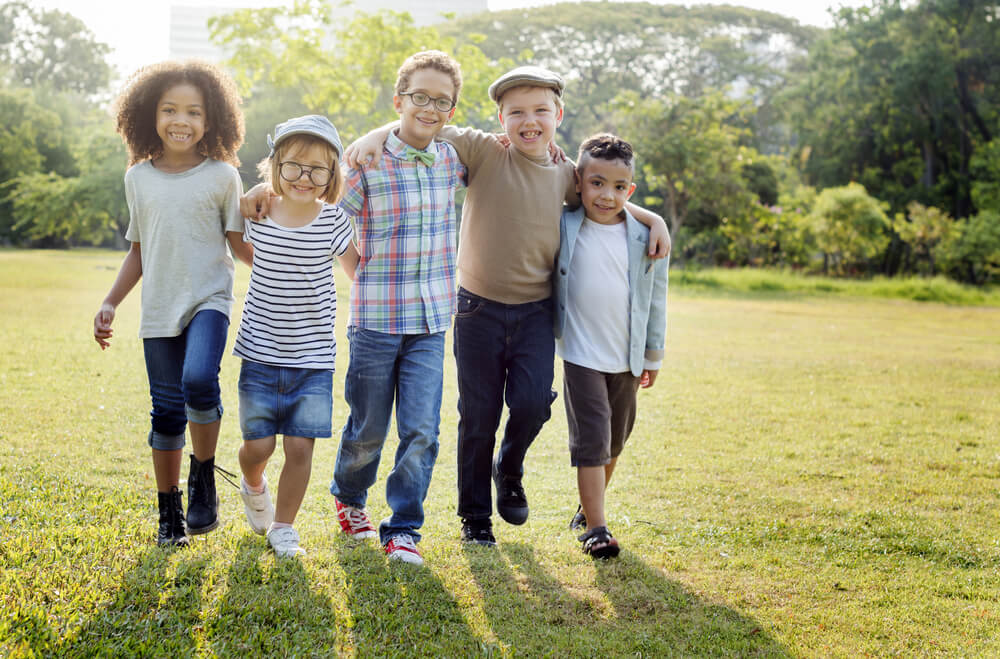
3. Community Engagement
By building a “whole school and community” approach, schools can create safe, democratic learning environments for students that allow them to feel welcomed and engaged while also supporting quality education. This can involve local churches, mosques, temples, and other faith communities as well as civil society organizations.
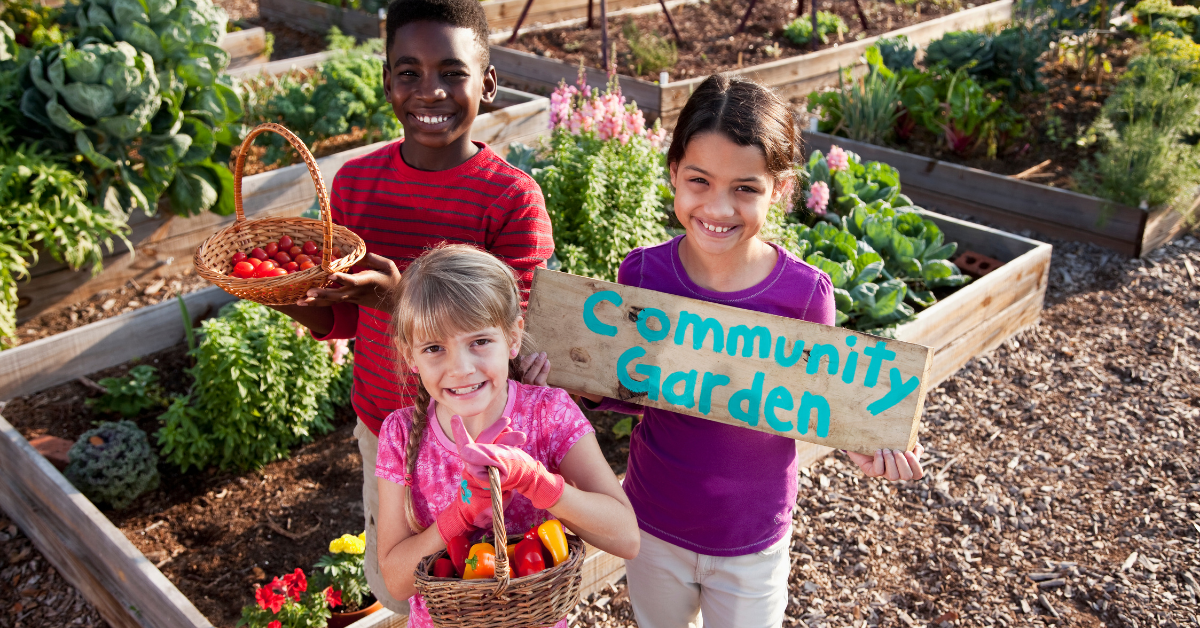
4. Child-Led Initiatives
When educational projects are developed by children working in solidarity with one another, inclusion becomes part of the process. Moving from merely working “for” children, to empowering children as active agents of change, can bring about true transformation in the relationships among migrant, refugee, and host communities.
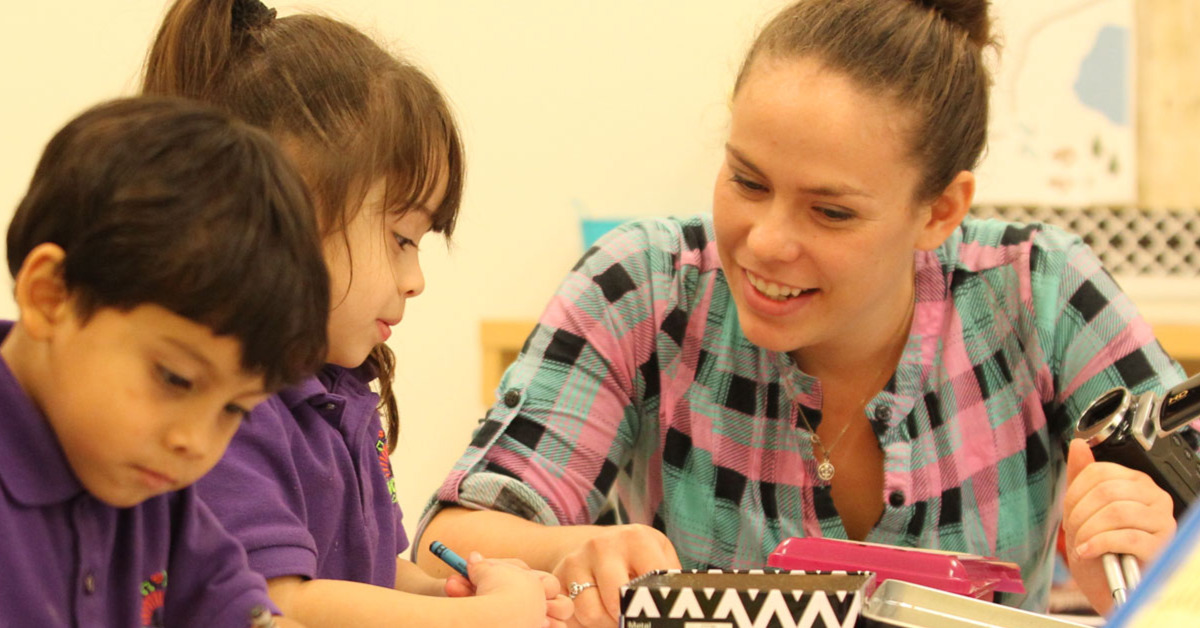
5. Training of Educators:
The professional development of educators’ competencies is critical, as it will enhance their capacity to foster positive relationships among migrant, refugee, and host communities and contribute to inclusion. Policymakers across Europe should invest in further developing the pedagogical and dialogical skills of teachers
A booklet entitled, “Solidarity: Advancing the Role of Education in Fostering Migrant and Refugee Inclusion in Europe,” was published in November 2021 as part of a project to support educators and policymakers working with migrants and refugees in Europe.
The booklet builds on the reflections and recommendations collected during a series of three webinars that were organized in 2021 for educators working with children across Europe.
Faith Sensitive Mental Health and Psychosocial Support (MHPSS) to Foster Resilience in Children on the Move
This year, Arigatou International, the KAICIID International Dialogue Centre, and World Vision International partnered on a project entitled, “Faith Sensitive Mental Health and Psychosocial Support (MHPSS) to Foster Resilience in Children on the Move.”
The project consisted of a series of three online sessions and the development of a booklet to raise awareness about the effectiveness of faith-inspired psychosocial support frameworks to support the resilience and well-being of children on the move.
More than 350 participants attended the online sessions held from September to November 2021. Throughout the sessions, participants shared experiences and best practices for supporting, protecting and nurturing the physical, socio-emotional, and spiritual well-being of children on the move.
The recommendations and interventions from children on the move, faith leaders and faith actors, experts, and academic and civil society practitioners highlighted the importance of faith-sensitive mental health and psychosocial support approaches as a crucial factor to foster the resilience and well-being of children on the move, particularly during the COVID-19 pandemic. The discussions looked particularly at the role of faith communities.
Typical MHPSS interventions do not incorporate children’s spiritual nurture as a pathway to resilience. Faith-sensitive MHPSS approaches play a crucial role in promoting the well-being of children on the move. Faith-sensitive MHPSS approaches can restore connections and relationships among children and adults and enhance a child’s sense of belonging and resilience capacity.
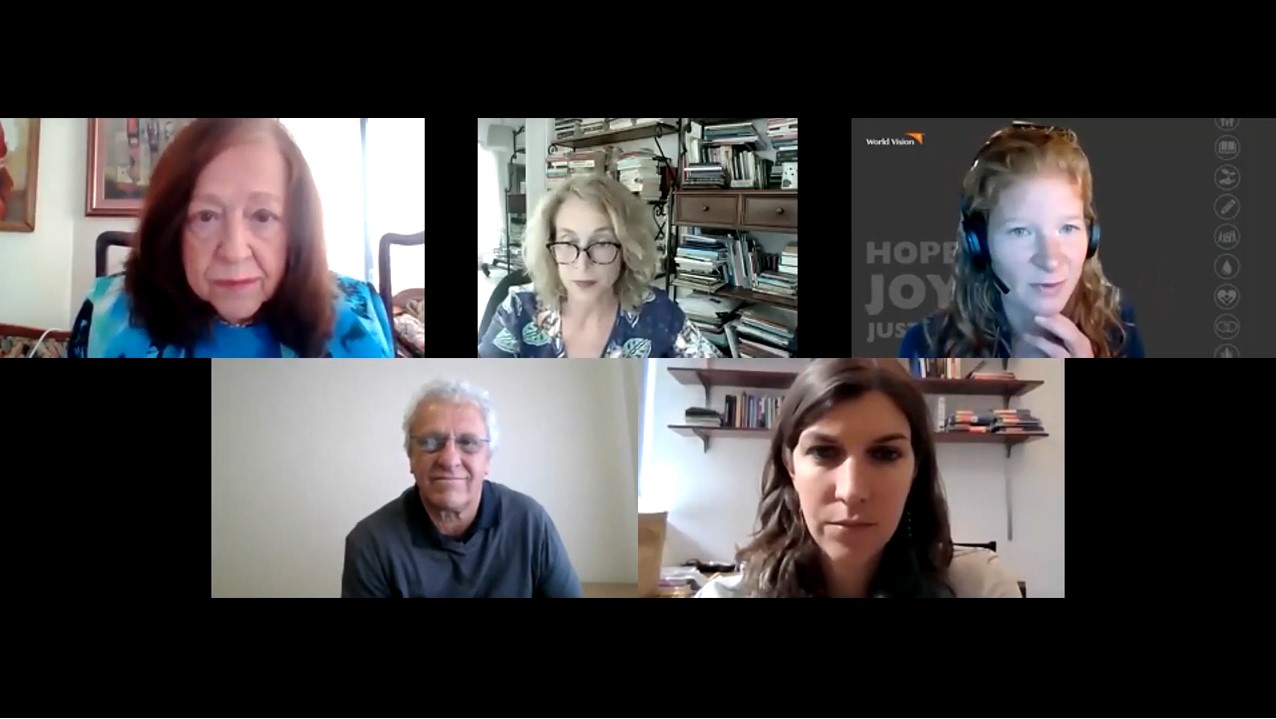
The booklet presents the specific mental health and psychosocial challenges affecting children on the move and how an integrated response might address some of those issues. It introduces emerging practices from local faith actors and young people that have proven effective to support the mental and emotional well-being of children on the move; and it presents concrete recommendations to raise awareness about this topic among governments in host countries and donor governments, as well as humanitarian actors.
This project was carried out in the framework of the Sustaining Peace and Health workstreams of the International Partnership on Religion and Sustainable Development (PaRD), a network that brings together governments and international organizations with diverse civil-society organizations to engage the social capital vested in faith communities for sustainable development and humanitarian assistance.
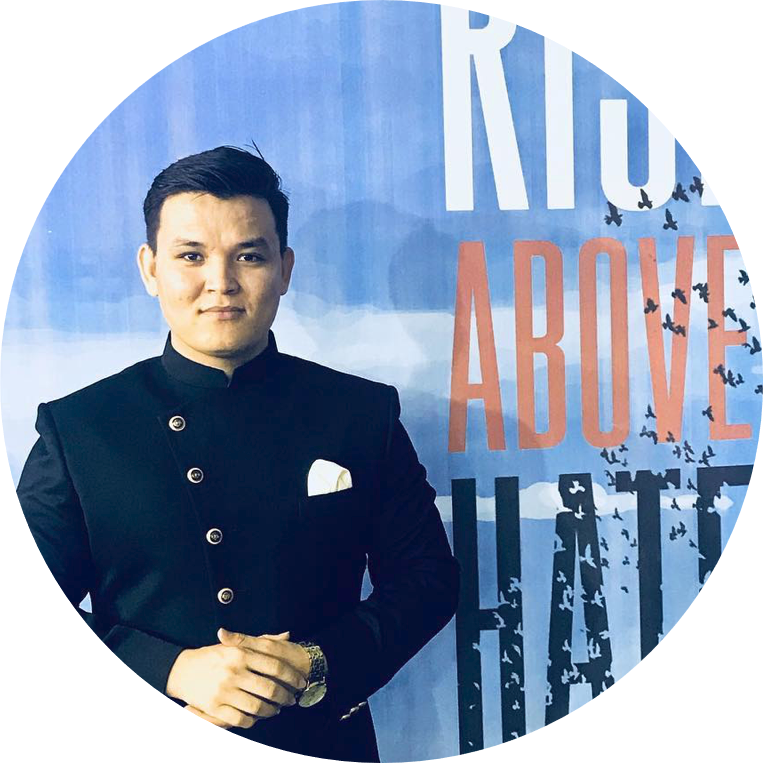
“The opportunities and support offered by faith communities in my host countries India and Pakistan are one of the factors that helped me grow and achieve my goals in terms of education and allowed me to also contribute actively to the society.”
Hayat Amiree,
Refugee from Afghanistan
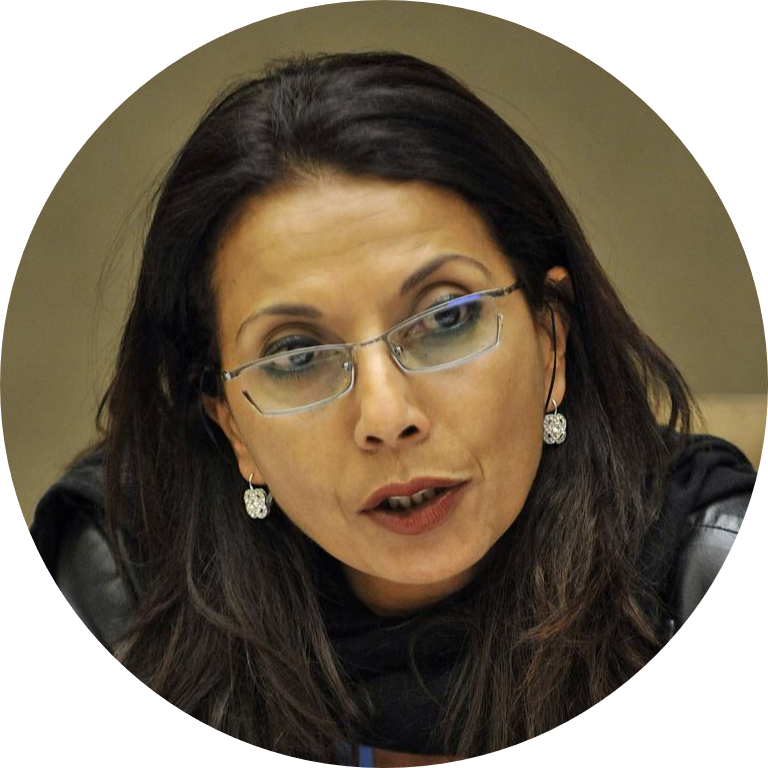
“We have to keep in mind that children on the move are first and foremost children and their rights move with them!”
Dr. Najat Maalla M’jid,
Special Representative of the United Nations Secretary-General on Violence against Children
“Mental health and psychosocial support interventions provide children with spaces of relative safety and moments of joy and relief, where children can learn and socialize, where children on the move can just be children.”
Rania Al Ayoubi,
Founder,
Image for Education, Jordan
Creating a Culture of Encounter — Empowering Youth through Education to Challenge Xenophobia, Discrimination and Exclusion in Europe
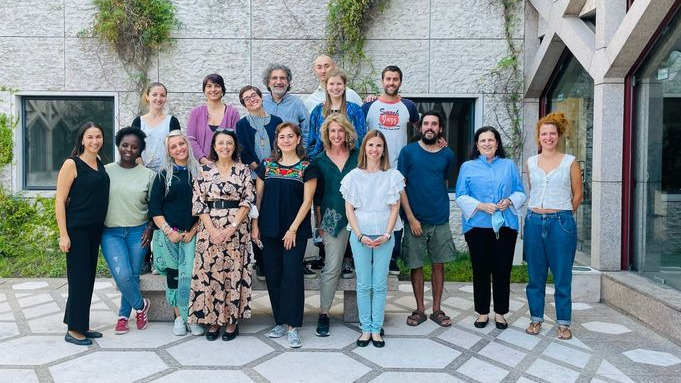
Creating a Culture of Encounter is a collaborative project being undertaken in Italy, Portugal and Spain, which seeks to empower youth through education to challenge xenophobia, discrimination and exclusion in Europe.
The project seeks to advance the promotion of human rights, the principles of democracy, and the value of learning to live together in plural societies. It has reached 100 youth ages 14 to 17 and 60 educators from the participating countries.
Since 2021, multiple workshops have been carried out to build capacities in teachers to create shared spaces for young people to further develop their knowledge, attitudes and skills and get acquainted with meaningful tools to actively engage with their communities.
The project includes both online and in-person participatory workshops for youth to experience active citizenship and learn to utilize intercultural and interfaith tools that can help create a culture of encounter in their communities. They have participated in story-telling and social media workshops to document and share their experiences and the outcomes of their projects.
The format and structure of the training workshops were conducted differently in each of the three locations. In Portugal, youth and teachers had training sessions separately. In Spain, young people and teachers were brought together in a shared environment. In Italy, the workshop brought teachers and youth together at the start and end of the day, but for most of the day, the groups worked separately.
The participants are working on youth-led projects to reach out to their schools and communities to create new narratives of mutual understanding, belongingness and respect. They will also develop social media campaigns to mobilize more young people in Europe, raise awareness, share their experiences, and influence positive change. An online platform has been created to support the engagement of educators on a trans-national level.
The project is being organized by Arigatou International – Geneva, Scholas Occurrentes, the Aga Khan Foundation, the European Wergeland Centre, and the Guerrand-Hermès Foundation for Peace Research Institute.
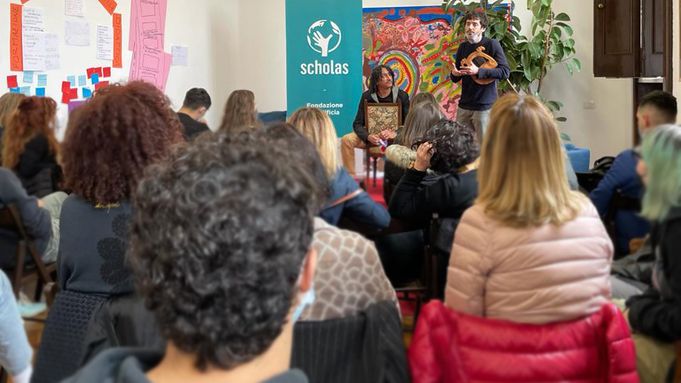
Let’s hear what the participants had to say:
“I learned how important it is to look each other in the eye. The potential we young people have and the desire we have to do things.”
“I have learned that, at least in my experience, between different people, there are more similarities than differences, and that, different tastes aside, we work better together.”
“I learned to respect individualities, with activity. It has been a unique moment of reflection and learning.”
A voice from our team:
“Being involved in Creating a Culture of Encounter is a fantastic opportunity and a strong personal commitment of mine, as we aim to tackle xenophobic, discriminatory and exclusionary narratives by training educators to empower young people in becoming agents of transformation in their own communities.”
Bethany Gum,
Program Officer,
Arigatou International - Geneva
